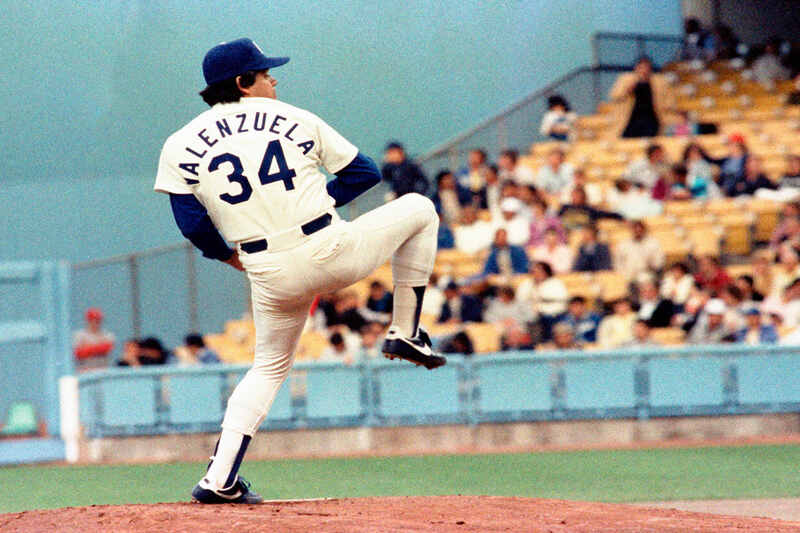
Fernando Valenzuela, Dodgers’ Legendary Mexican Pitcher, Dies at 63
Fernando Valenzuela was born November 11, 1960, in Navojoa, Sonora, Mexico, and started his life in Etchohuaquila on his parents’ small farm. In 1978, Mike Brito, a Dodger scout, accidentally discovered him after seeing him striking out 12 players of a Mexican rookie league team. When signed to the Dodgers, Valenzuela was taught the screwball by Bobby Castillo and developed one that even Carl Hubbell referred to as the best.
His first season in the major leagues demonstrated the potential, 10 relief outings in 1980 were scoreless, and he had two saves. The next season would make him an icon in baseball, and the 20-year-old left-handed started what many consider the most incredible rookie season in baseball history.
1981: The Season of ‘Fernandomania’ and World Series Glory
In Valenzuela’s historic season of 1981, he posted 13 wins and 7 losses together with an ERA of 2.48 to be given the Rookie of the Year award and Cy Young Award – a record no other pitchers had achieved. He was also 3-1 in the postseason with a three-hitter in Game 3 of the World Series against the Yankees providing the Dodgers with the championship.
The boom that arrived with the name of “Fernandomania” completely changed the culture of baseball. His wind-up was quite special with him looking upwards and his eyes looking like they rolled backward. Indeed, as Vin Scully said, Fernandomania turned into an almost sports icon, attendance skyrocketed and Latinos from across the United States became one. His cultural value was such that he once got an invitation to the White House by President Reagan.
Legacy Extends Beyond Playing Career
Valenzuela’s career accomplishments include throwing a no-hitter in 1990 against the St. Louis Cardinals, 6-time All-Star, and a stat line of 173-153 with an ERA of 3.54. He had his major league career with the California Angels before the Dodgers released him in 1991, then played with the Baltimore Orioles, Philadelphia Phillies, San Diego Padres, and St. Louis Cardinals before retiring in 1997.
In 2003, he rejoined the Dodgers but this time as a Spanish language broadcaster; something he at first despised but later came to love. The Dodgers continue to honor his memory to this date, they retired his jersey number 34 in 2023. He is survived by his wife Linda, four children; Fernando Jr., Ricardo, Linda, and Maria Fernanda, and seven grandchildren




